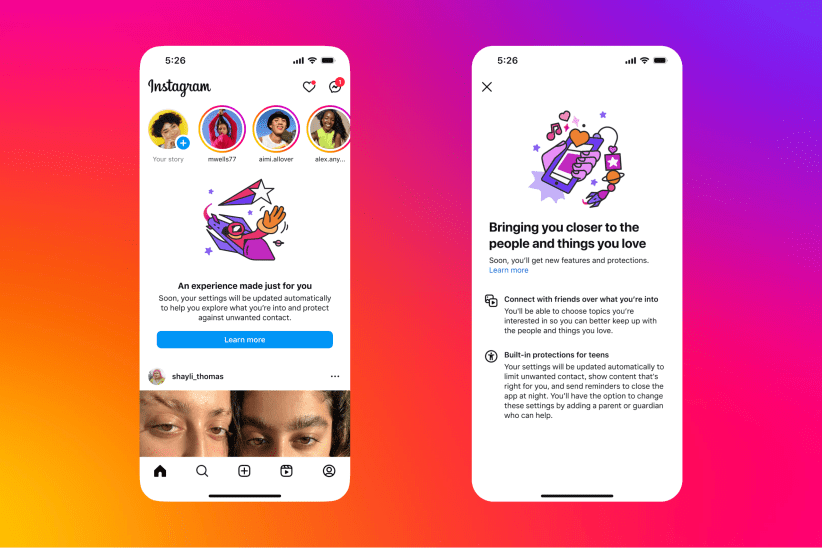If tax season is not already stressful enough for most families, college acceptance notices are being mailed out at the same time. Just as paying taxes is mandatory, so is going to college. At least that had been the case for most families. But with the economy stinging the pocketbook, many young adults are rethinking whether they can put themselves and their relatives into debt when there’s no longer a guarantee that there will be a good job — or employment in their field — when they graduate. For them, college might be seen as optional, at least for the moment.
For these young people, the decision not to go to college may be based on the desire to avoid taking out student loans. To begin one’s adult life dreamy-eyed and deeply in debt is not attractive. Everyone knows someone who is either unemployed or underemployed. Taking on a large debt at this time is risky. Creditors are unforgiving, and bankruptcy laws have changed.
While this may make students apprehensive about taking out loans, their parents — who would like to help out with tuition — may not be able to afford more debt, either. It is tough to pay your child’s tuition when the cost of living is rising; income to make the mortgage payments is not guaranteed; and boomers may be feeling the need to invest more for their own retirements.
It comes as no surprise that popular opinion about the importance of getting a college degree is gradually shifting every year, but few parents want their children wasting the best years of their young lives on the couch, tweeting or watching television until inspiration strikes.
Instead, families can use this period of uncertainty to explore alternatives to going to college that can provide valuable experience for high school grads.
Hone job-seeking skills
These days, people will change jobs at least seven times during their adult working lives, and perhaps even more with the state of the economy. The ability to locate employment opportunities, go through a series of interviews, land a position — and keep it — are critical skills that young people can develop. Job hunting takes time, energy, and practice. The competition in the market is making job hunting a life skill that is needed, whether or not a person has attended college.
Carla, a Brooklyn-based mother of three, thinks that job-seeking preparedness is as important as emergency preparedness.
“I tell my kids, you just never know who you might meet. You need to be ready to interview anytime, any place, anywhere. By just being prepared, you might get the job on the spot,” she says. Carla’s graduating high school senior, Theo, has received a few college acceptance notices, but he also wants to consider his other options before heading off to college. At the moment, he has decided to check out the job market before formally responding to any college offers.
Theo is equipped with a USB wristband, which has electronic files of his resume, references, grade point average, and current report card, as well as other important information, stored in data files. He wears it in case he comes across an opportunity to interview, and says that it is a convenient way to have all of the necessary information in one handy place. He also hopes that it shows any potential employer his commitment to job readiness.
Carla encourages her kids to use “big-picture thinking,” and spends time discussing with them what they would like do in life. She is not pressuring Theo to make a decision about college right away, because she is more concerned about his “quality of life” and “finding the right fit, whether it is in a school choice, job setting or career,” she says.
Carla also says that “satisfaction is a big part of success,” and her emphasis is on raising happy children who use the power of making their own informed decisions. She recommends that job seekers use the website of the U.S. Department of Labor as a resource for information and assistance. The website also gives career guidance specifically for working and non-working teens.
Get experience with internships
Many companies need short-term help, and are willing to fulfill staffing needs with interns. The interns go through an application, screening, and hiring process. The benefit of taking an internship (usually without pay) is that the position can be listed on the resume.
Interns are also viewed as future salaried hires in the industry, because they have had some job experience. Internships are limited-time opportunities, such as during the summers or on holidays. They may even be for shorter periods of time, such as over the course of a weekend, depending on the assignment and the company that is hosting the internship.
Internships can be searched on the Internet by geographic location, corporation, time period and industry. One of the most popular summer internship programs is at Major League Baseball.
Volunteer abroad
Travel opportunities abound for those who want to do some good, see the world, and sneak in a vacation along the way. Organizations that provide volunteer opportunities may offer the perfect vehicle for a young adult to experience different cultures and to garner hands-on experience.
Opportunities to assist in the areas of agriculture, conservation, teaching, and medical work are just a few of the volunteer projects in countries such as Thailand, Vietnam, and China, among many others. The more reputable organizations have an application fee, screening process, and program fees, which help to provide a better quality program and volunteer experience. Depending on the location of the volunteer program, individuals may be required to submit to medical clearances and get the appropriate vaccinations. In addition, volunteers may have to pay for their airfare and travel insurance.
A Queens mother of an adopted daughter (who wishes to remain anonymous) decided that postponing college for a year to “do volunteer work, clear the mind, and think about things,” would be a better plan than dealing with a daughter who was already cutting classes and could be headed down the wrong path.
The daughter had been struggling with her identity and was asking her mother to let her take a trip to her homeland. The mother wanted her daughter to “get in touch with her roots and see what her life could have been like,” but said “making the decision was emotionally draining.”
Regardless, she supports her daughter’s search for herself — even if it involves overseas travel. The volunteer program is only for a few weeks, and the mother will meet her daughter overseas at the half-way point, so that they can share some of that discovery together. She is happy that her daughter can mix in a little personal time within a structured volunteer project. However, as she pointed out, not all volunteer opportunities require overseas travel. Some exist right here in New York in soup kitchens and in community garden projects.
Hopefully, we can help our young adults realize that time is precious, that they can blaze their own trail, and still create a happily-ever-after of their very own.
For more information about job-seeking information and advice, visit www.dol.gov.
To learn more about Major League Baseball’s internship, visit www.mlb.com.
For New York City-based volunteer opportunities, visit www.nyc.gov.
Candi Sparks is the author of the “Can I Have Some Money?” children’s book series sold on Amazon.com and is on Facebook and Twitter (Candi Sparks, author). She is also a Brooklyn-based mother of two.






















